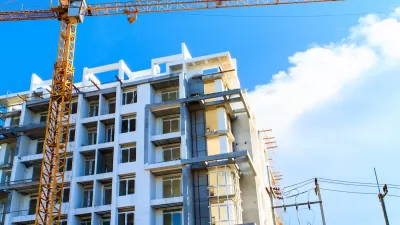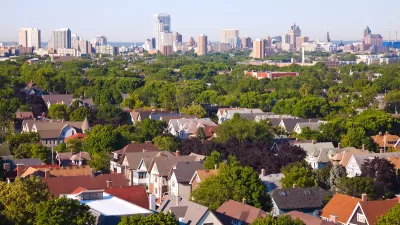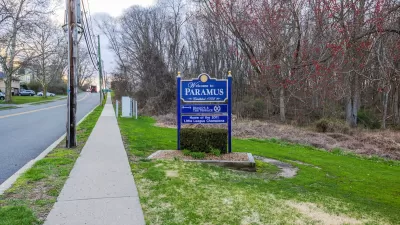The city is considering legalizing missing middle housing types and loosening other zoning regulations to encourage more housing production and density.

Writing in Streets MN, Zak Yudhishthu expresses optimism that zoning reform in St. Paul is moving in the right direction as the city moves closer to legalizing ‘missing middle housing.’
According to Yudhishthu, NIMBY fears are less powerful in the city. “There’s less fear-mongering around neighborhood character and bulldozers, leaving more room for important questions around effective policy implementation, the likely effects of policy changes and equity.”
Unlike past discussions of zoning reform in the region, such as the contentious fight over the Minneapolis 2040 plan, “there is no organized anti-change coalition, and opponents’ comments represent a small fringe of the policy discussion.” This is likely due in part to the visible—or not so visible—effects of the Minneapolis 2040 reforms, which led to only modest increases in housing and certainly didn’t cause “the end of single-family zoning,” as some critics warned.
While St. Paul zoning reforms and their details remain up in the air, Yudhishthu believes the discourse has shifted dramatically. “For decades, preservation of perceived ‘neighborhood character’ and opposition to change have defined our urban development at great cost to everyone.” Now, cities are recognizing the unsustainable rise in housing prices and the close connection to zoning and land use policy. “This enables us to focus on better implementation of more future-focused policies, opening a path to more fair, equitable and effective housing policies.”
FULL STORY: In St. Paul, Zoning Discourse Has Developed for the Better

Maui's Vacation Rental Debate Turns Ugly
Verbal attacks, misinformation campaigns and fistfights plague a high-stakes debate to convert thousands of vacation rentals into long-term housing.

Planetizen Federal Action Tracker
A weekly monitor of how Trump’s orders and actions are impacting planners and planning in America.

Chicago’s Ghost Rails
Just beneath the surface of the modern city lie the remnants of its expansive early 20th-century streetcar system.

Bend, Oregon Zoning Reforms Prioritize Small-Scale Housing
The city altered its zoning code to allow multi-family housing and eliminated parking mandates citywide.

Amtrak Cutting Jobs, Funding to High-Speed Rail
The agency plans to cut 10 percent of its workforce and has confirmed it will not fund new high-speed rail projects.

LA Denies Basic Services to Unhoused Residents
The city has repeatedly failed to respond to requests for trash pickup at encampment sites, and eliminated a program that provided mobile showers and toilets.
Urban Design for Planners 1: Software Tools
This six-course series explores essential urban design concepts using open source software and equips planners with the tools they need to participate fully in the urban design process.
Planning for Universal Design
Learn the tools for implementing Universal Design in planning regulations.
planning NEXT
Appalachian Highlands Housing Partners
Mpact (founded as Rail~Volution)
City of Camden Redevelopment Agency
City of Astoria
City of Portland
City of Laramie





























